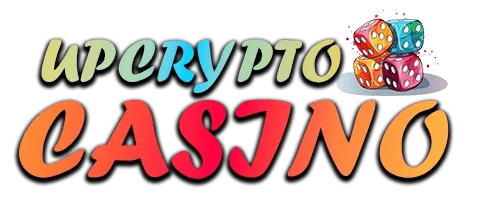The PlayStation Portable, more commonly known as the PSP, might not have had the widespread cultural dominance of the PlayStation 2 or the blockbuster exclusives of the PlayStation 4, but it carved out a legacy that still resonates today. Many gamers overlook how crucial the PSP was in shaping mobile gaming and how it delivered some of the best games of its time—experiences that rivaled even their home console counterparts. While the PlayStation brand is usually synonymous with cutting-edge visuals and sprawling storylines, the PSP was proof that great gameplay and innovation could fit into your pocket.
One of the greatest strengths of the PSP was its ability to bring full-scale PlayStation games into the portable space. Titles like God of War: Chains of Olympus and Grand Theft Auto: Liberty City Stories weren’t watered-down experiences. They captured the essence of their console Hiubet88 counterparts while adapting them to the PSP’s unique format. These were genuine PlayStation games, not spin-offs or afterthoughts. Their stories, mechanics, and design philosophy matched the brand’s quality and ambition, which is why they are still mentioned among the best games in Sony’s extensive catalog.
The best PSP games had to do more with less. Developers worked within tighter hardware constraints, dealing with fewer buttons, lower resolution, and limited processing power. But that didn’t stop them from crafting unforgettable experiences. Lumines took simple puzzle mechanics and transformed them into an audiovisual rhythm experience. Daxter brought the beloved sidekick from the Jak and Daxter series into a full-featured adventure of his own. These titles were innovative not because they lacked resources, but because they thrived within them, which is often the true test of creative excellence.
Part of the PSP’s success also came from the way it offered diversity in its library. While PlayStation consoles were increasingly becoming homes for cinematic AAA titles, the PSP offered a more eclectic mix. From visual novels to rhythm games, from strategy RPGs like Tactics Ogre to racing titles like Wipeout Pulse, it allowed gamers to explore genres that weren’t always front and center on the mainline PlayStation systems. This gave the PSP a distinct identity, even while still carrying the weight of the PlayStation name.
There’s also the emotional factor. For many gamers, PSP games accompanied them through different phases of life: bus rides to school, family road trips, or late-night sessions under the covers. These weren’t just diversions; they were personal. A portable Final Fantasy or Persona experience felt more intimate, more connected to the player’s routine. This kind of emotional resonance is a big reason why so many consider certain PSP titles among the best games of all time—not just technically, but emotionally.
